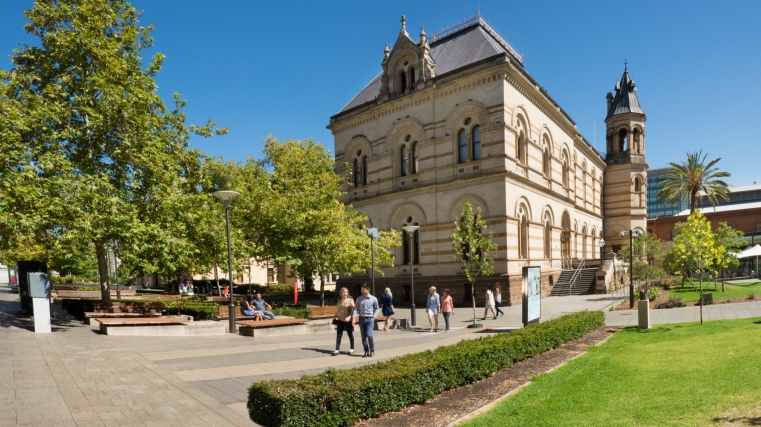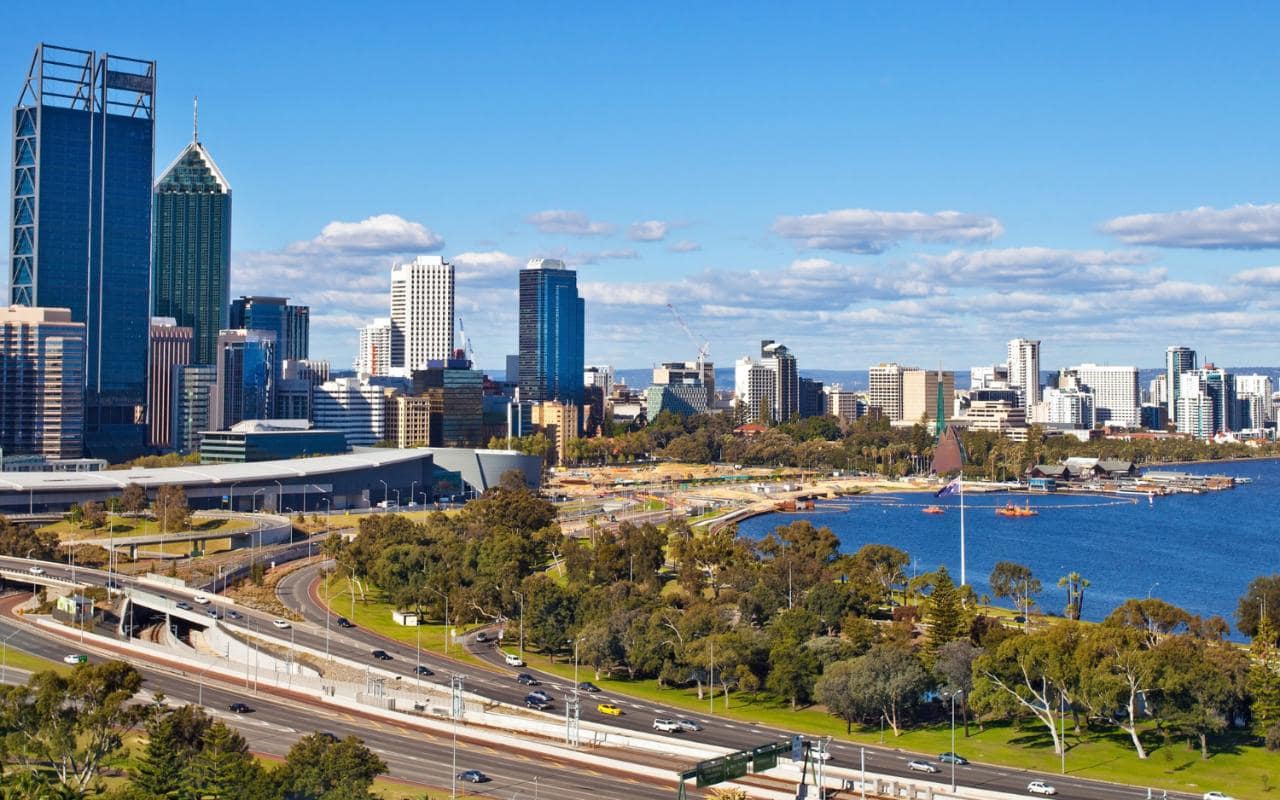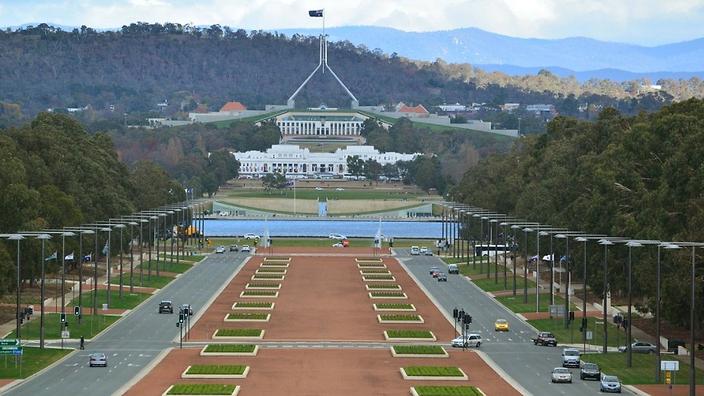Table of Contents
You have cracked the applications, got your acceptance letter, and booked your flight. But before you even start packing, it is very important for you to make sure you know where you are going to stay. Because studying abroad isn’t just about attending lectures. It’s about building a new life. And that life starts with finding a place you can actually call home. In 2025, with over 225,000 international students arriving in Canada demand for student housing is higher than ever. And for Indian students, the challenge is real. In this guide, we’ll walk you through:
- The different types of student housing in Canada
- The most affordable cities for Indian students
- Average rent in 2025 (city-wise)
- Required documents for renting
- Smart tips to book your accommodation safely—from India
Let’s get in and find you a place that’s more than just four walls. Something that actually feels like home.
What Are the Main Types of Student Accommodation in Canada for Indian Students?
Got your acceptance letter to study in Canada? Amazing! Now comes the next big question: where are you going to live? Finding your kinda place isn’t just about rent or location. It’s also about where you will relax after classes, cook your favourite meals and feel at home in a brand-new country. And luckily, Canada has many student-friendly options.
Some students like the buzz of campus dorms. Others want their own space in a quiet apartment. Some love the idea of living with a Canadian family and sharing meals, while others prefer flat-sharing with fellow Indian students. There’s something for everyone. Let’s explore the most popular accommodation types Indian students are choosing in Canada in 2025:
- On-Campus Housing: Let’s start with the classic option. On-campus housing is the go to for first year students. Also for the ones who want to keep things simple and stress-free. These are furnished student residences managed by universities. It is usually located either inside or right next to the campus. You will get your own bed and study space. Kitchens, laundry areas, Wi-Fi, and access to dining halls are usually shared. The cost of on campus housing is CAD $700–$1,200/month.
- Off-Campus Student Residences (PBSAs): If you like the idea of student living but want more freedom than dorms, off-campus student residences are the one for you. They are owned by private organizations and are made especially for students. All modern facilities like gyms, internet and study lounges are present there. It is often located within walking distance of major universities in cities like Toronto, Montreal, and Vancouver. The cost for these range between CAD $900–$1,500/month.
- Shared Apartments: It hits the spot between affordability and independence. You rent a large apartment and split the rent with 2-4 students. Everyone shares the kitchen, living space, and groceries. Shared apartments are popular in cities like Toronto, Ottawa, and Vancouver. If you live with Indian students, you also get to enjoy home-style cooking, shared traditions, and familiar vibes. The average cost of shared apartments is CAD $600–$1,000/month.
- Homestays with Local Families: If you are feeling a bit anxious about moving abroad, a homestay is a soft place to go to. In this setup, you live in a spare room in a Canadian family’s house. Plus, you receive 1–2 meals a day. It is a great way to understand Canadian culture and improve your language skills. Over 10,000 Indian students chose homestays in 2024 alone. Its cost ranges from CAD $800–$1,200/month.
- Private Rentals: Renting your own place gives you freedom and independence. It’s perfect if you value privacy or have a part-time job and need quiet for studying. But independence comes at a cost. Not only is the rent higher, but you’ll also need to manage your own bills. The average rent costs CAD $1,200–$2,000+/month.
Which Canadian Cities Offer the Most Affordable Student Housing for Indian Students?
Canada’s tuition fees might be manageable, but rent? Not always kind to a rupee-based budget. That said, not all cities burn through your savings. There are some places though, that offer the perfect balance of affordability, safety and good universities. If you are planning to study in Canada in 2025 and don’t want to spend all your money on rent, these are the cities you should seriously consider:
- Winnipeg, Manitoba: If you are looking for value for your money, then you should go for Winnipeg. Rents here are lower than in most big Canadian cities. Plus, many Indian students say Winnipeg “feels familiar”. Thanks to community support, gurdwaras, and affordable South Asian grocery stores. The average rent here is CAD $500 to $900/month.
- Halifax, Nova Scotia: It is coastal city with stunning ocean views. The people here are super friendly and there is a relaxed vibe here. Halifax doesn’t just offer affordable rent; it also has a slower pace that many undergrads love. It’s not flashy, but it’s safe, clean, and relatively less crowded. The average rent here is CAD $600–$1,000/month.
- Edmonton, Alberta: This one is for those who want the perks of a city without paying Toronto-level rent. Edmonton has a growing student population, tons of part-time job opportunities, and solid public transport. The average rent here is CAD $700–$1,100/month.
- Saskatoon, Saskatchewan: Not many people outside Canada talk about Saskatoon. But this city is seriously underrated. It’s quiet, green, safe, and surprisingly affordable. Rent is one of the lowest among student cities. The average rent here is CAD $550–$950/month.
- Ottawa, Ontario: Want the capital city experience without paying Toronto prices? Ottawa is your answer. It’s more affordable, organized, and far less hectic. It’s also bilingual. The average rent here is CAD $700–$1,200/month.
What’s the Average Rent for Student Accommodation in Canada in 2025?
The rent in Canada has rose up in 2025, especially in popular cities. With over 225,000 international student visas granted in 2024 alone, demand for affordable student housing is at an all-time high. That means if you are going to Canada from India this year, your rent is likely going to be one of your biggest monthly expenses. But don’t worry, if you know where to look and how to compare, you can find student-friendly homes. Here is your city-wise breakdown to help you get a real-world feel for what to expect:
- Toronto: It is Canada’s most popular student city but is also the most expensive. This one is close to unis like the University of Toronto, Ryerson (TMU), and York. Plus, if you are going downtown or near subway lines, prices climb fast. Shared rooms usually start around CAD $850/month. Plus, private rooms can touch CAD $1,300–$1,800.
- Vancouver: This one is another favourite for Indian students, especially for its weather and ocean views. But like Toronto, Vancouver is pricey. Students at UBC, SFU, and Capilano University often share housing in suburbs. Below are the prices of various types of student accommodations in Vancouver:
- Shared rooms: CAD $800–$1,100
- Private rooms: CAD $1,200–$1,700
- Studios: CAD $1,500–$2,200
- Montreal: It is a big city, despite that, it is more affordable than Toronto or Vancouver. Plus, there are various housing options, especially in Plateau, Côte-des-Neiges, and Downtown. Following is the rent of student accommodation in Montreal:
- Shared rooms: CAD $700–$1,000
- Private rooms: CAD $1,100–$1,500
- Studios: CAD $1,300–$1,900
- Calgary: If you’re looking for value, Calgary is one of Canada’s most cost-effective big cities. Students at the University of Calgary or Mount Royal enjoy better space, newer apartments, and less crowd. Below are the rent prices of student accommodation in Calgary:
- Shared room: CAD $650
- Private rooms: CAD $1,000–$1,400
- Studios: CAD $1,200–$1,800
What Documents Do Indian Students Need to Rent a Room in Canada?
Renting a student room in Canada may sound like a casual process. But landlords and housing providers here do need proof that you’re a reliable tenant. And with international student demand soaring in 2025, being prepared can make all the difference. Here’s what Indian students typically need to submit when applying for student housing in Canada:
- Passport and Canadian Study Permit: This proves you’re legally allowed to live and study in Canada. Keep both scanned and printed copies ready. Most housing providers will ask for the visa stamp page and permit approval letter.
- Letter of Acceptance or Confirmation of Enrollment (CoE): Issued by your Canadian university or college, this document confirms you’re officially a student. It helps verify your eligibility for student-specific housing options.
- Proof of Funds or Financial Statements: Whether you’re booking on-campus or off-campus accommodation, landlords want to know you can afford rent. You might be asked for:
- Recent bank statements (3–6 months)
- Canadian GIC (Guaranteed Investment Certificate) documents
- Scholarship or loan approval letters (if applicable)
- Rental References or Character Letters: If you’ve previously lived in a rental property (even in India), ask for a reference letter from your landlord. New renters can submit a character reference from a college professor, school principal, or employer.
- ID Proof (Secondary): Apart from your passport, some landlords may ask for a second piece of ID like:
- PAN card
- Aadhaar card
- International driver’s license
- Student ID card (if already issued)
- Co-Signer or Guarantor Details (if needed): In some cases, specially for expensive or long-term leases, you may need a guarantor. While this is more common in private rentals, student-specific platforms or university housing often waive this requirement.
How Can You Book Verified and Safe Student Housing in Canada from India?
Booking your future home from across the world might sound like a gamble. But in 2025, it’s more common (and safer) than you think. Thousands of Indian students lock in their housing before landing in Canada. And if you follow the right steps, so you can. Here’s how to do it smartly, without falling for shady listings or getting scammed:
- Stick to Trusted Student Housing Platforms: You don’t want to hunt for housing in random Facebook groups or scroll through endless classified ads. Instead, go for platforms built for students. These sites cut out the middlemen, offer verified rooms, and actually understand what international students need. One of the reliable source include University Living. It offers verified properties in 250+ Canadian cities, with real-time support and Indian advisors.
- Reach Out to Your University’s Housing Office: Don’t overlook your university’s own housing portal. It is a goldmine for safe and affordable options. Most top Canadian universities offer:
- On-campus housing for first-year or international students
- Lists of vetted off-campus rentals or homestay providers
- Short-term emergency housing for last-minute arrivals
- Guidance on lease rules, tenancy laws, and renting in local neighborhoods
- Tap Into Indian Student Forums & WhatsApp Groups: Sometimes, the best leads come from students who’ve already been there. That’s why online communities are super useful. Inside these groups, you’ll find sublets, roommate ads, honest landlord reviews, and answers to questions you didn’t even know you had.
- Avoid Rental Scams Like a Pro: Unfortunately, student housing scams are real. especially in cities like Toronto or Vancouver where demand is very high. But you can avoid them with a few basic checks:
- Never pay via UPI, crypto, or unverified links
- Don’t trust listings without video walkthroughs or live Zoom calls
- Always ask for a proper lease agreement or signed contract
- Cross-check the property address on Google Maps and reviews
- If someone’s rushing you to pay, it’s a red flag. Walk away.
Conclusion
The student housing scene in Canada might look overwhelming. But once you understand your options, what documents to keep ready, and where to look, it starts to feel a whole lot more manageable. So go ahead, book that room, prep for your flight, and get ready to start your Canadian chapter with confidence. Because trust us, the right accommodation? It makes everything else, grades, friendships, even homesickness, a whole lot easier.
Frequently Asked Questions
How Much Does Student Accommodation Cost in Canada?
Student housing in Canada isn’t one-size-fits-all. On-campus rooms usually cost between CAD 700 and 1,000 per month, while off-campus shared apartments can go as low as CAD 400–700, depending on the city. Food and groceries will set you back about CAD 200–600 a month. If you’re smart with meal prep, you’ll save more.
Getting around? Public transport usually costs CAD 80–120, especially with student discounts. For books and supplies, set aside CAD 200–350, mostly during the start of a new semester.
Which City in Canada Is Best for Indian Students?
If you’re looking for academic quality, job opportunities, and a welcoming community, these cities check all the boxes:
Toronto – Great unis, massive Indian population, and strong job market
Vancouver – Stunning views, a diverse crowd, and top colleges
Ottawa – Safe, bilingual, and student-friendly
Calgary – Clean, tech-driven, and ideal for part-time jobs
Montreal – Lively culture, great food, and budget-friendly rent
Quebec City – A good pick for French speakers with lower living costs
Edmonton – Affordable, growing fast, and easy to settle in
How Much Does a Homestay in Canada Cost?
Homestays are perfect if you’re new to Canada and want a more homely start. Expect to pay CAD 1,200 to 1,450 per month. That usually covers your room, bills, and up to two meals daily. It’s cozy, safe, and great for cultural exchange.
What’s the Cost of Living in Canada for Indian Students?
Living expenses in Canada vary a lot, but most Indian students spend between CAD 1,000 to 2,500 a month. That includes rent, food, transport, study needs, and a little room for fun. If you’re headed to cities like Toronto or Vancouver, costs will lean toward the higher end. Cities like Winnipeg, Halifax, and Saskatoon are much more wallet-friendly.
Where Do Most Indian Students Stay in Canada?
The largest Indian communities are in Ontario, especially in cities like Toronto, Brampton, and Mississauga. You’ll also find strong student networks in Vancouver, Calgary, Edmonton, and Montreal. These places have Indian grocery stores, temples, student groups, and familiar food making it feel a bit like home.
What Are the Best Jobs for Indian Students in Canada?
Some of the top career picks in 2025 include:
Nursing – Pays around CAD 70,000–95,000
Civil Engineering – Around CAD 80,000–105,000
Electrical Engineering – Between CAD 85,000–110,000
Accounting & Finance – CAD 60,000–85,000
STEM and healthcare fields are booming and often come with better post-study visa and PR opportunities.













